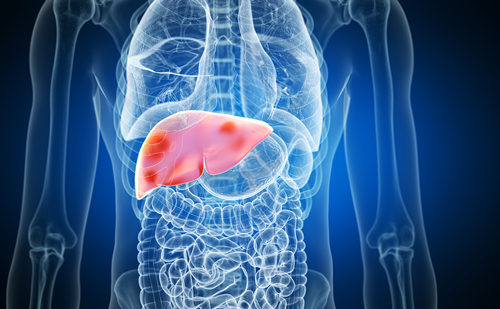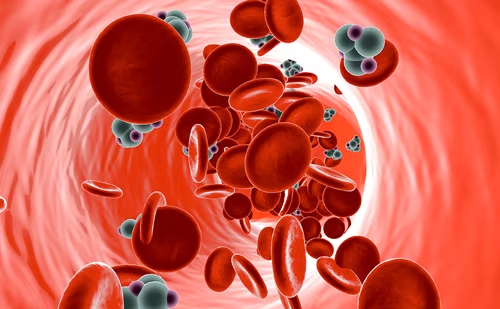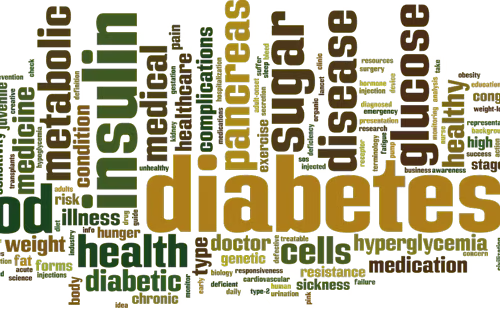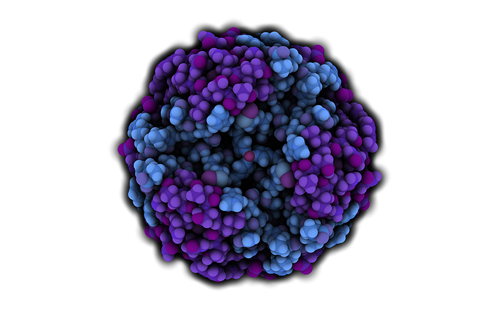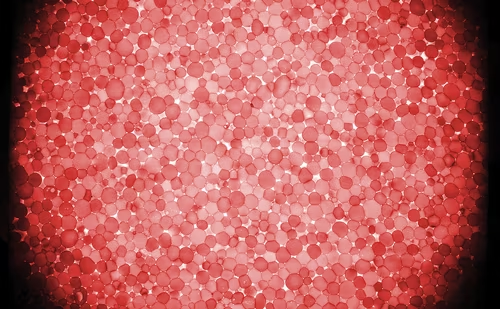For decades, endocrinologists have been targeting blood glucose levels as their prime focus of type 2 diabetes management. They frequently start their patients on one oral medication and gradually escalate over time up to four or five medications, including insulin. Many of these medications paradoxically contribute to further weight gain, including sulfonylureas, thiazolidinediones and insulin.1 Increased body weight secondary to these medications may block any attempt for successful weight management or make it extremely difficult. Over time, diabetes control frequently deteriorates and leads to further frustration for many patients. This classical model of type 2 diabetes management has been challenged over the last few years for being directed toward the ‘fever’ of the problem and neglecting its core cause, which is increased body weight. Over the last few years, several studies have shown that targeting body weight instead of targeting blood glucose as primary goal could lead to reversing type 2 diabetes and/or inducing partial or complete remission.2 The first proof of this concept came after significant weight loss through bariatric surgery.3 However, non-surgical intervention also showed a possibility of inducing partial or complete remission, especially early in type 2 diabetes course.4 For example, weight reduction through a very low-calorie diet showed similar improvement in beta-cell function and insulin sensitivity to gastric bypass surgery.5
This alternative model of primarily targeting body weight for diabetes management gained more traction after approval of several anti-obesity medications by the US Food and Drug Administration over the last few years. These medications showed marked improvement in blood glucose levels and hemoglobin A1c during weight loss.6–8 The overall advantages of this alternative model are that it reduces cost of medications, results in better improvement in A1c, reduces cardiovascular risk through reducing blood pressure and improving lipid profile, reduces inflammation, and improves patients’ quality of life.
Combining strategies that include anti-obesity medications, low-calorie and low-carbohydrate dietary plans, increased physical activity and behavioral modification may be more effective than escalating use of anti-hyperglycemic medications as shown in the classic model of type 2 diabetes management. If this alternative model is applied early enough, the possibility of inducing partial or complete remission from type 2 diabetes is much higher. If needed, several antihyperglycemic medications that help weight reduction including glucagon-like peotide-1 (GLP-1) analogs, sodiumglucose cotransporter 2 (SGLT-2) inhibitors and pramlintide can be added. Combining one or two of these medications with metformin enhances weight reduction and rarely causes hypoglycemia, which frequently slows weight reduction.9
It became obvious that aggressive management of body weight through intensive lifestyle intervention, anti-obesity medications, anti-hyperglycemic medications with weight loss characteristics and bariatric surgeries early in type 2 diabetes course may increase the chances of reversing type 2 diabetes and may induce partial or complete remission from the disease. This model may be better than the current classic model of targeting blood glucose by escalating use of anti-hyperglycemic medications. Long-term cost-effectiveness of both models should be carefully evaluated. The effect of both models on patients’ longevity and on cardiovascular mortality is a valid target for future clinical research. At least we know now for sure that type 2 diabetes can be reversed in its early few years through significant weight reduction, which should be our main and focused target. I call for this alternative model to be tested in our clinical practice to reduce cost and improve quality of life.






